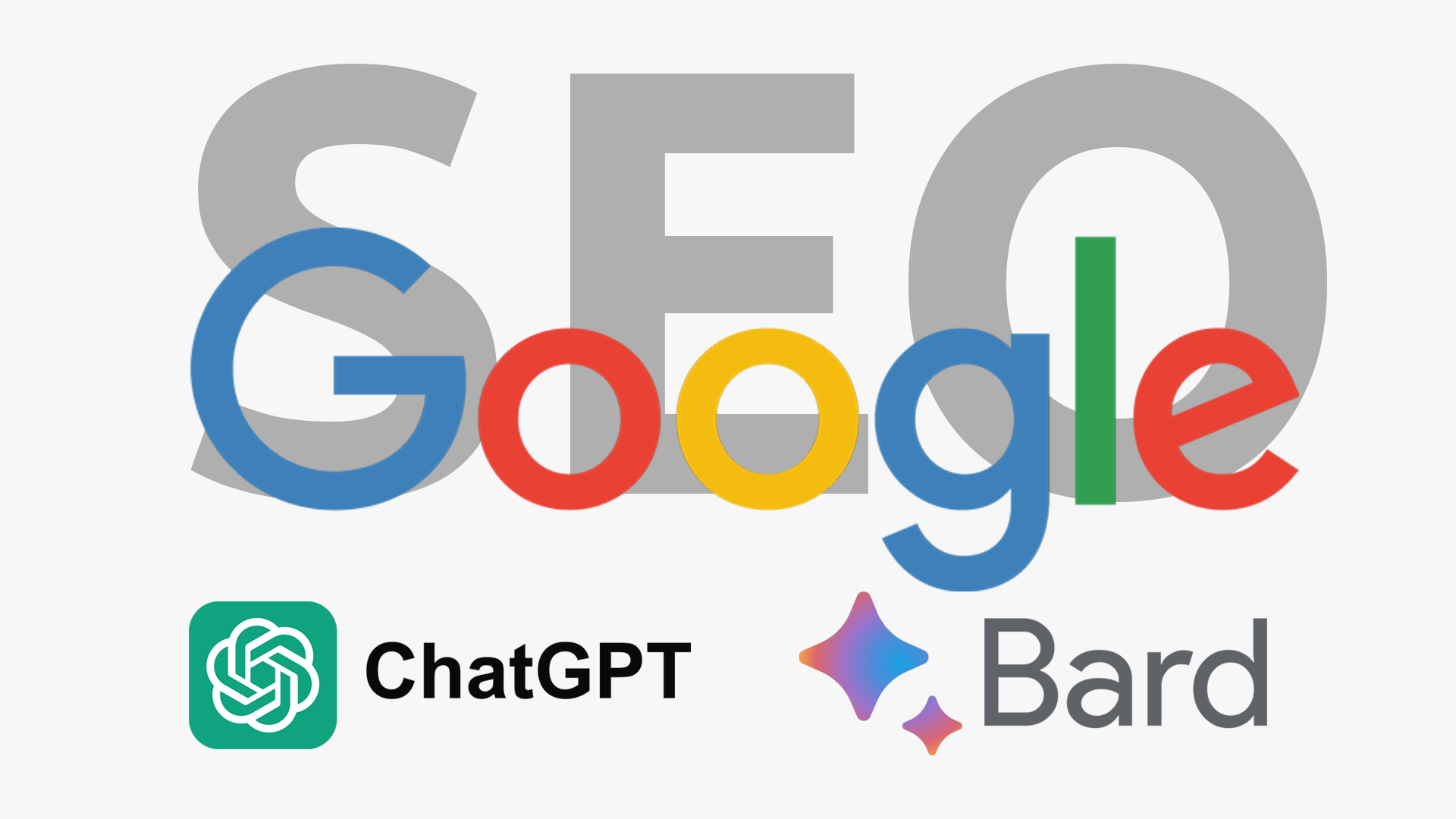Human Generated vs AI-Generated Content for SEO
5 Reasons Why You Shouldn’t Use AI-Generated Content for SEO Purposes
Spoiler alert and reason #1 – you will not achieve high SERP, but if you want to learn why, read the rest. I will include some screenshots from actual projects that are based on AI generated text content – mainly by Google Bard and ChatGPT, that are not ranking well and started loosing ranking.
Anyway, AI-generated became so popular in 2023 that companies started firing content creation teams and article writers. ChatGPT “can” generate “tons” of text content with few clicks, though often content is heavy, sentences are long and it is not easy to read, there are often of inaccuracies…
In SEO world there are always a trade-offs, often fancy websites are too heavy and not SE-friendly, content written for search engines doesn’t quite fit into readers favorites, etc… Well, AI generated content doesn’t fall much behind. Here are the top drawbacks:

It violates Google policies
(Yes, it does)
A bit history from February and March this year. I’ve worked on 2 projects, where I knew that content is AI generated. One of the websites, the new content was not even getting indexed, until edits were done and it gets completely rewritten. Though at that time in Google Webmaster Hours, SEOs were told that AI content is perfectly fine, this was completely misleading information. Here is a link to official Google policy that contradict this:
Spammy automatically-generated content
The next one doesn’t say exactly this, but read between the lines.
Advice for creators considering AI-generation
The facts are that “content spinners” are around for a very long time, even before the Google Panda update a decade ago and Google was able to detect it. With AI generated content it is even easier. It is a bit ridiculous situation when using AI based tool to tell you that the content is AI generated… Let’s face it, with over-saturated internet, there is not much usefulness in generic content. What usefulness this content can bring to the website visitors? For instance “SEO services” search term has 679,000,000… Do you think that AI generated article will bring something new to the table?

Google’s Helpful Content Update
Thin, but heavy and not informative, you will hear this mostly from people that specialize in particular subject and read a content generated by AI.
And here is another official source regarding the Google’s Helpful content update from August 2022. Some may say, that this is not exactly related and it is against over SEO-ed articles. This may be true, but it also applies for AI.
As the SEO evolved throughout the years. I can recall 400 words article guidelines 2 decades ago, then it moved to 600, 800 and over 1400 words nowadays for a quality blog article. Most AI tools, can’t even output that length, not to mention the quality and relevant hyperlinks to the rest of the website. Ask yourself a question, if you are able to cover or just summarise any topic in 800 words? And if you do, how much of the essential point you have left out?
Content Originality or Generic Content
I am repeating myself, AI-generated content is often unoriginal and low quality, it is simple as that AI algorithms doesn’t have the ability to understand the words they are generating or a topic, the understanding that we humans have. On a side note, for people that are using it for a research purposes, it nearly messes up whole strategy seasonal business project. Luckily, I’ve managed to communicate with the client that totally overwrite the AI based research.
Let’s face it unoriginal generic content doesn’t lead to great user experience and that is what exactly Google algorithms aim for. Another reason to avoid using AI content for SEO purposes.
Check the next screenshot, the output of 3 different large language models, trained by different organizations is almost identical.

AI Generated Content is Often Inaccurate
As mentioned above, very often the content generated by AI large language models is highly inaccurate, due to lack of understanding the words that are output in the prompt.
The factual inaccuracies can hurt your reputation and your website may suffer badly from it. The company credibility can get hurt, if reader spot factual inaccuracy.
Lack of Authority
Especially during the “blogging” boom from few years ago, a lot of writers established a style that can easily be recognized by the community. Authority is very important factor is SEO. Websites that serve authority and trustworthy content ranks easier. And content that it is not written by human is very different, lacks intonation and style.
It is better and much cheaper in long run to hire an expert in the field to write the content for your website.
Conclusion
In my 24 years career as SEO, I’ve learned one thing – there are no shortcuts, when it boils down to achieving high SERP and stable long-lasting results. By using AI generated content for SEO purposes, you may think that you are taking the “new” shortcut, by producing a lot of low quality, inaccurate and difficult to read content that will lead to good results in Google. Well, in such a saturated internet, quality matter more than quantity and unless you get the content idea rewritten by expert in the field, doesn’t expect any rankings or high traffic.

